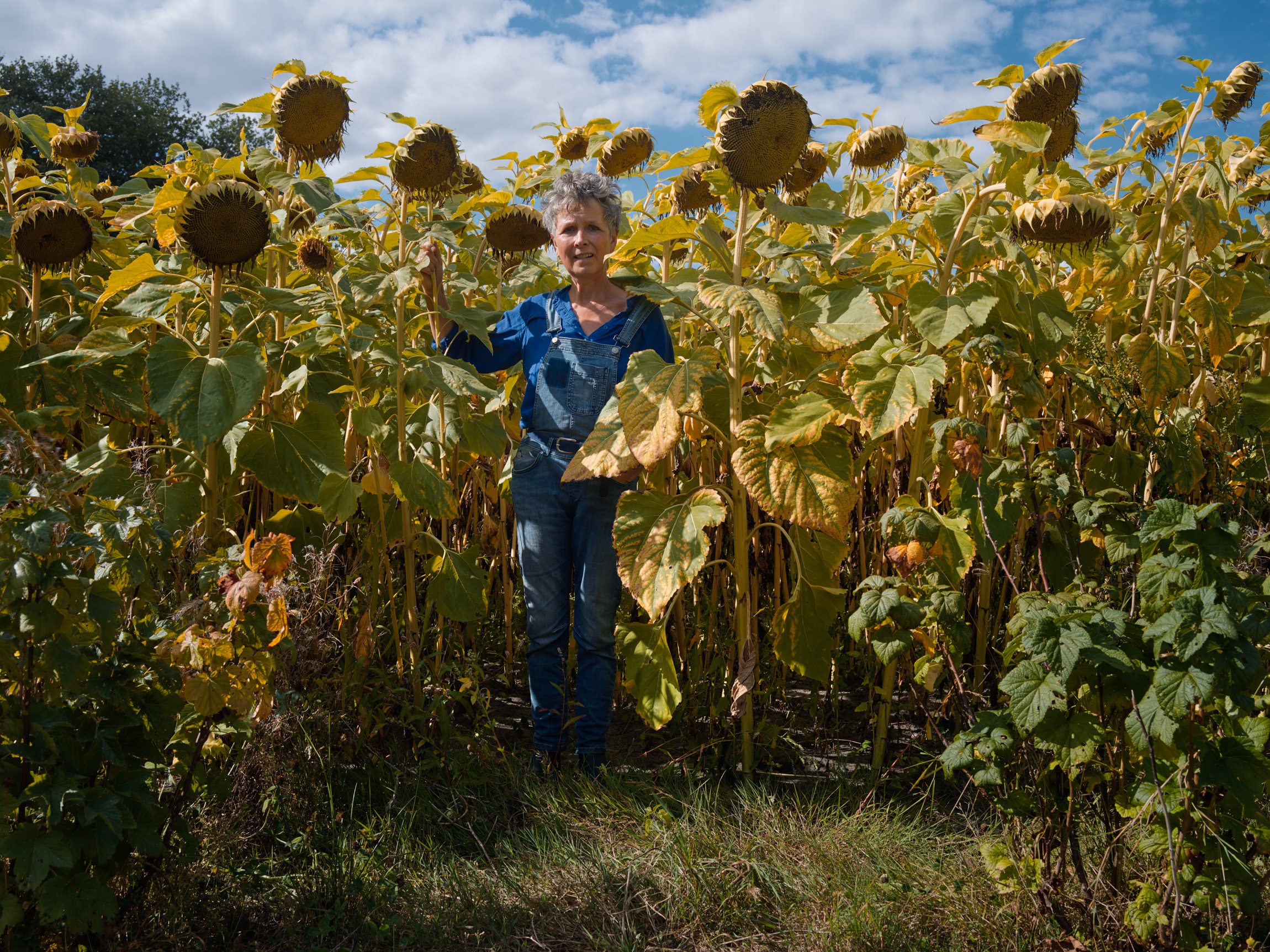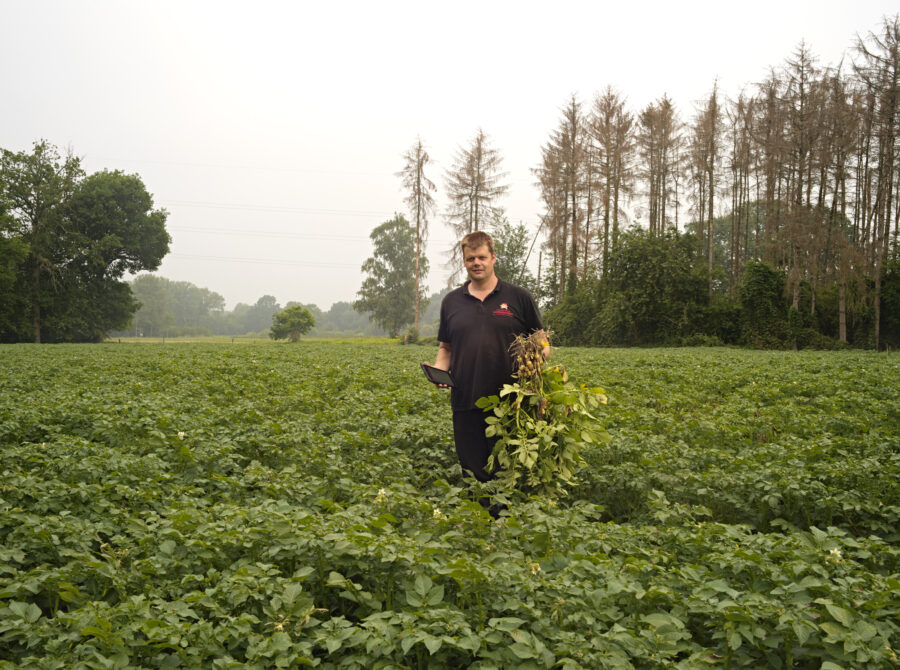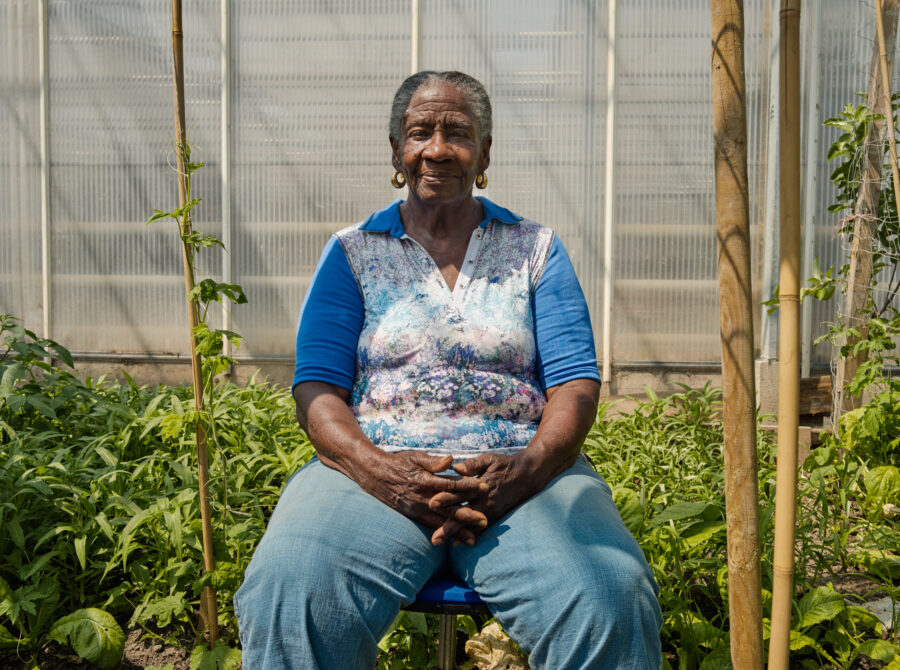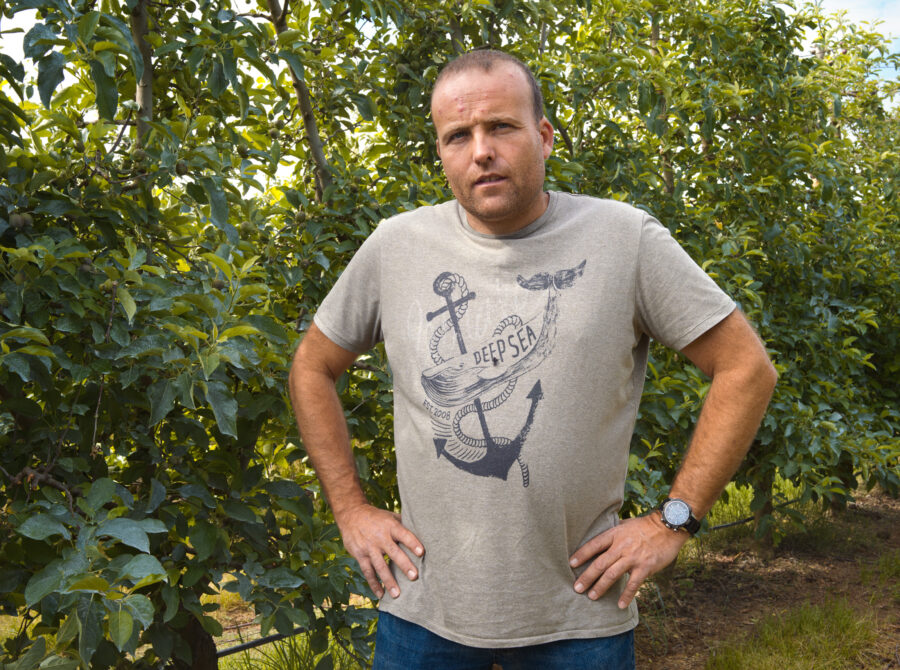 Rineke Dijkinga, Orthomolecular therapist/farmer
Rineke Dijkinga, Orthomolecular therapist/farmer
Rineke Dijkinga, who trained as a nature therapist and orthomolecular therapist, ran her own orthomolecular and nature therapy practice in Sellingen in Groningen for many years, where she treated thousands of people with chronic illnesses and helped them to improve their nutrition and lifestyles. She discovered that many people, unconsciously, unwittingly and unintentionally, eat foods that cause, prolong or worsen their symptoms. How are we meant to know? We learn nothing in school about healthy eating, and traditional knowledge isn’t passed down.
She began by giving talks and writing books to explain what she knew. The books were bestsellers and with the profits she decided to buy a few hectares of farmland, along with her husband Jan Dommerholt. That may seem a remarkable step to take for people who are not farmers. But in fact it was entirely logical. She’d heard herself explaining increasingly during her talks that the phase before the food lands on our plates determines whether and how the nutrients can do their work in our bodies. So the quality of the soil is crucial, and it doesn’t look good. Rineke was shocked by the results of the soil analyses she’d done immediately after she bought the land. She saw a clear analogy with test results from clients, which she’d been studying for years. She realized that problems in farming and in human health have a great deal in common. And that the prevention of chronic illness needs to be tackled at the level of soil health.
‘You are what you eat, but you’re also what your food has eaten; it really is as simple and straightforward as that. Healthy soil produces healthy food for healthy people.’
Rineke DijkingaOur health very much depends on what our food eats. Animal or vegetable foods have ‘eaten’, directly or indirectly, foods that the soil has produced for them. In 2019 the soil is no longer as rich in nutrients as we might think. According to the Global Land Outlook, a third of the soil worldwide is seriously degraded. Since Rineke started dealing with agricultural land, she has been discovering more and more analogies between the poor health of the soil and poor health of our intestines.


